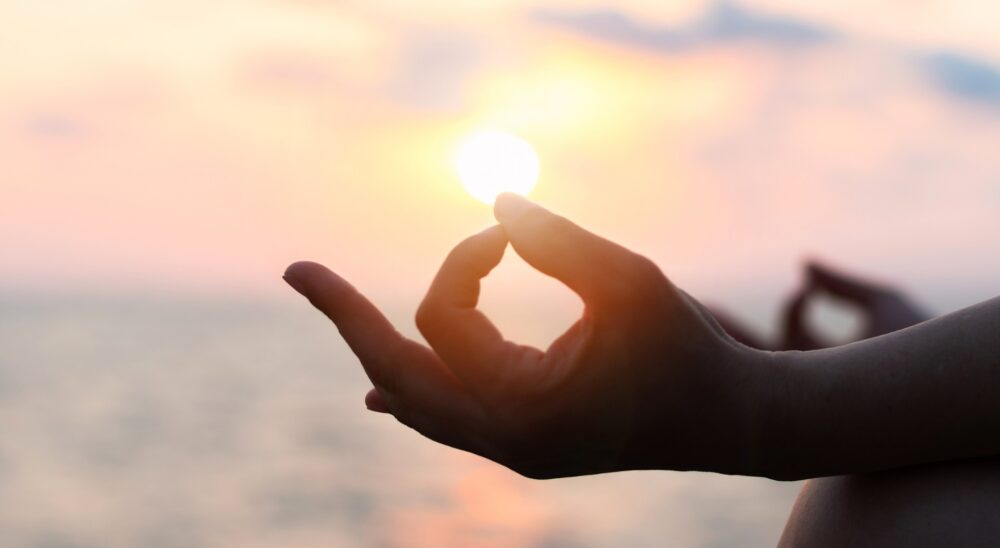At Humanutopia, the concept of “seeing a new you” is more than just motivation; it’s about fundamentally altering how individuals perceive and interact with the world by changing the biology of their beliefs. This idea, championed by Graham, the founder of Humanutopia, is rooted in the understanding that our thoughts can directly influence our physical well-being and overall success in life.
Graham was diagnosed with Parkinson’s disease, an event that led him to explore the profound connection between mind and body. During his journey, Graham was introduced to a book called The Biology of Belief, which scientifically challenged the notion that we are hardwired to be a certain way. Instead, the book demonstrated that human beings are capable of much more than they often realise and that how we think has a significant impact on our biology.
Graham’s experience with Parkinson’s led him to apply these principles in his daily life, and his practices have become a cornerstone of the Humanutopia programme. Every day, rather than allowing negative thoughts to dominate, Graham starts his day with meditation. This practice, even for just a few minutes, helps calm the mind and set a peaceful tone for the day. By slowing down the “metronome” of the brain, students can reduce anxiety and begin their day with a clear and focused mind.
Following meditation, Graham engages in visualisation—a practice where he spends about ten minutes imagining what he wants his future to look like. This technique, which he advocates for students as well, is not mere daydreaming but a purposeful exercise in giving the brain something positive to focus on. For students, this could mean visualising success in their studies, improving relationships, or achieving personal goals. The idea is to shift the mindset from one of limitation to one of possibility.
Physical activity is another important element in Graham’s routine. He practices Qi Gong, an ancient Chinese movement exercise that helps energise the body and promote well-being. For students, incorporating some form of physical activity—whether it’s stretching, yoga, or a brisk walk—can invigorate them and prepare them for the challenges of the day.
Graham also finishes his morning routine with a cold shower, a practice that might seem extreme to some but one that has proven benefits in waking up the body and sharpening the mind. By gradually exposing himself to cold water, Graham builds resilience—a trait he encourages students to develop by pushing themselves out of their comfort zones in small, manageable ways.
Throughout all these practices, gratitude plays a central role. It is important to start the day with positive affirmations and focus on what one is grateful for. This habit helps shift the focus from what is lacking to what is abundant, fostering a more positive outlook on life.
The idea of changing the biology of beliefs is about more than just adopting new habits—it’s about rewiring the way we think and feel on a fundamental level. For students, this could be the key to unlocking their full potential. By changing the way they approach each day, they can begin to break free from the limiting beliefs that have held them back.
Educators working with Humanutopia are encouraged to guide their students through activities that challenge their current beliefs and encourage the adoption of new, positive habits. Whether it’s through meditation, visualisation, physical activity, or expressing gratitude, these practices can help students see a new version of themselves—one that is capable, confident, and ready to take on the world!
















Leave a Reply